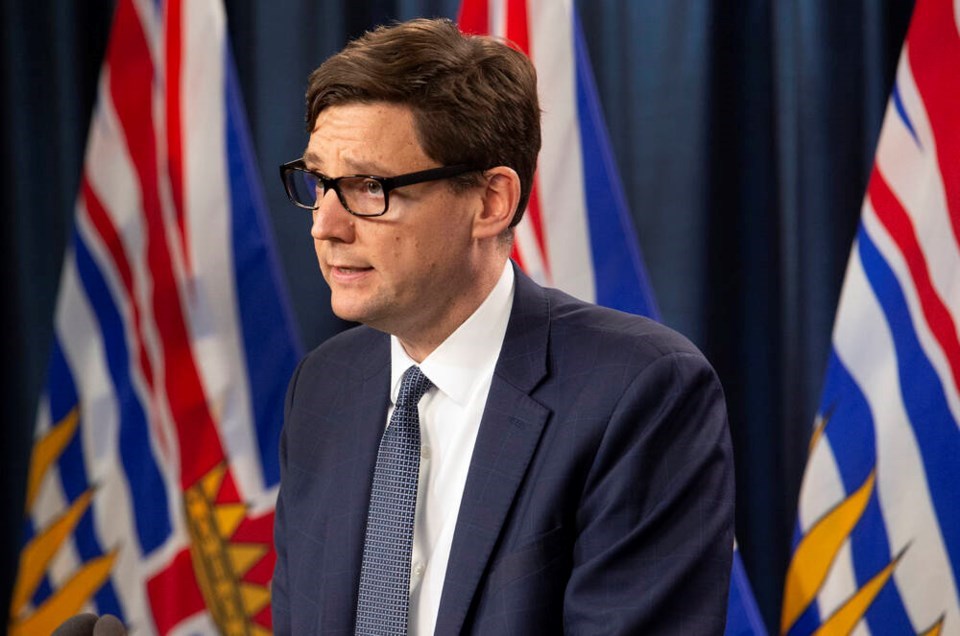In 2022, a record 181 people in the Northern Health region died from illicit drug toxicity, according to data reported by the BC Coroners Service.
The Northern Health region had the highest rate of illicit drug deaths per capita in B.C. at 59.5 deaths per 100,000 people, 39 per cent higher than the provincial average of 42.7 deaths per 100,000.
During an exclusive interview with Glacier Media on Thursday, Premier David Eby said the provincial government is working to improve the quality of life and access to services in rural and indigenous communities across the north, so that people aren't forced to move to regional hubs like Prince George and Terrace.
“I want to recognize that healthcare is a challenge generally in rural and remote communities,” Eby said. “We are working to keep people in communities."
One example Eby provided was allowing people to have bail hearings remotely, rather than being flown into a centre like Prince George, where they then are released into a community without any family or community supports.
In the past 10 years, Northern Health’s illicit drug toxicity death rate has increased almost 10-fold, going from 6.3 deaths per 100,000 residents in 2012 to 59.5 deaths per 100,000 in 2022. The health region’s death rate from illicit drug toxicity has risen steadily since 2019.
Terrace and Prince George have been especially hard-hit in the north, with the local health areas having the second- and fifth-highest rates of illicit drug deaths in the province.
The Terrace local health area reported 110.5 illicit drug deaths per 100,000 people in 2022, only behind Vancouver Centre-North (470.8 deaths per 100,000 people).
The Prince George local health area - which includes Prince George, Mackenzie, Valemount, McBride, Hixon, McLeod Lake, Kwadacha and other small communities – reported 79 deaths per 100,000 residents (84 deaths total, including 81 in Prince George).
Other northern local health areas facing high rates of overdose deaths include Kitimat (72.8 deaths per 100,000 residents) and Prince Rupert (68.1 deaths per 100,000 residents).
In northern B.C. especially, mulitigenerational trauma in indigenous communities is a key contributor to mental health and addictions issues, Eby said.
The province is working with the First Nations Health Authority to address the need for culturally safe healthcare services across the north, he added.
This article is part of an in-depth, provincewide journalistic effort by Glacier Media to examine the scope, costs and toll of the opioid and toxic drug crisis in British Columbia – a public health emergency that has taken at least 11,807 lives since 2016. If you or someone you know is in an emergency, call 911. If you need help with substance abuse, call the B.C. government's alcohol and drug information and referral service at 1-800-663-1441. It's available 24 hours a day.



